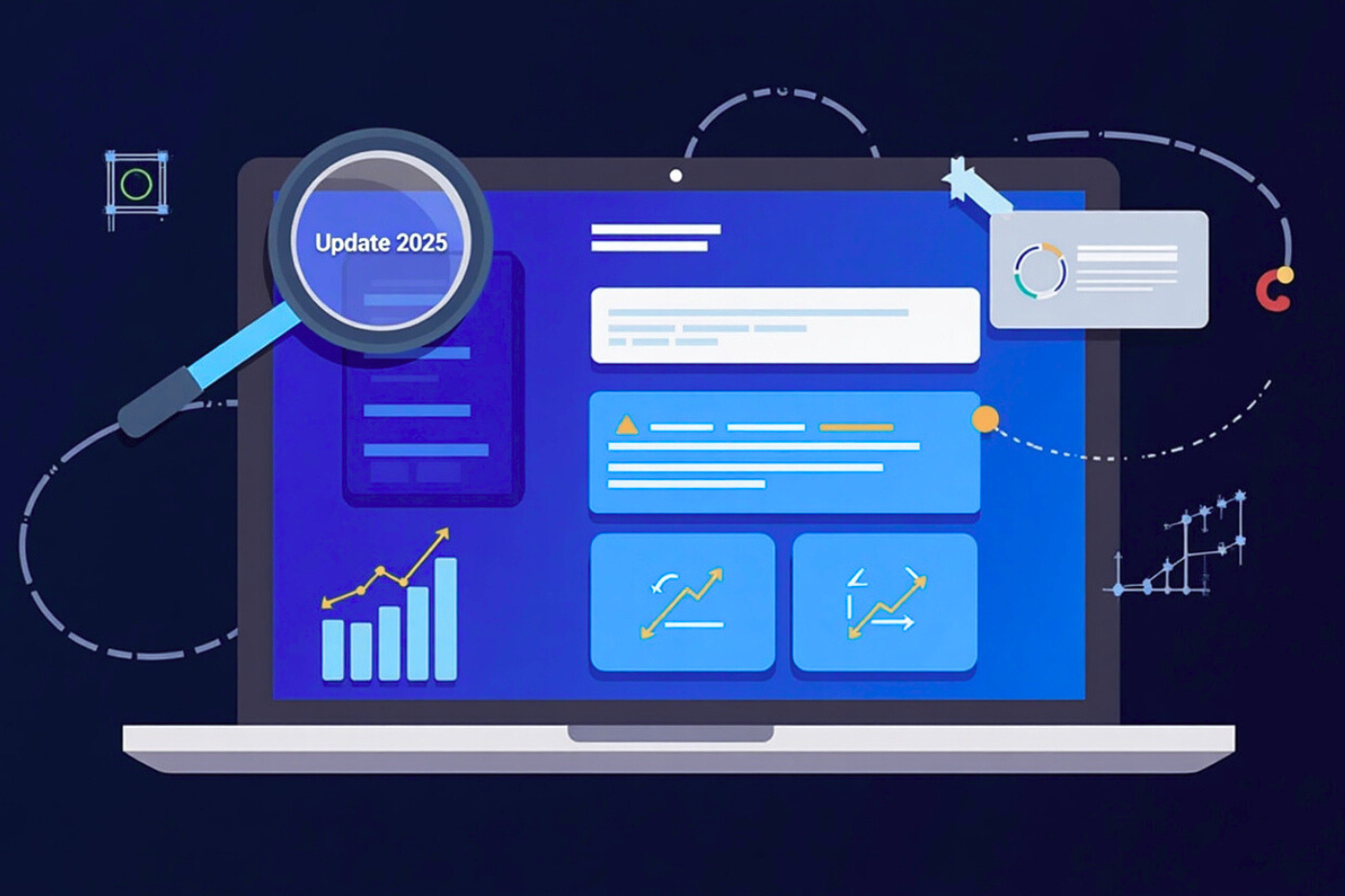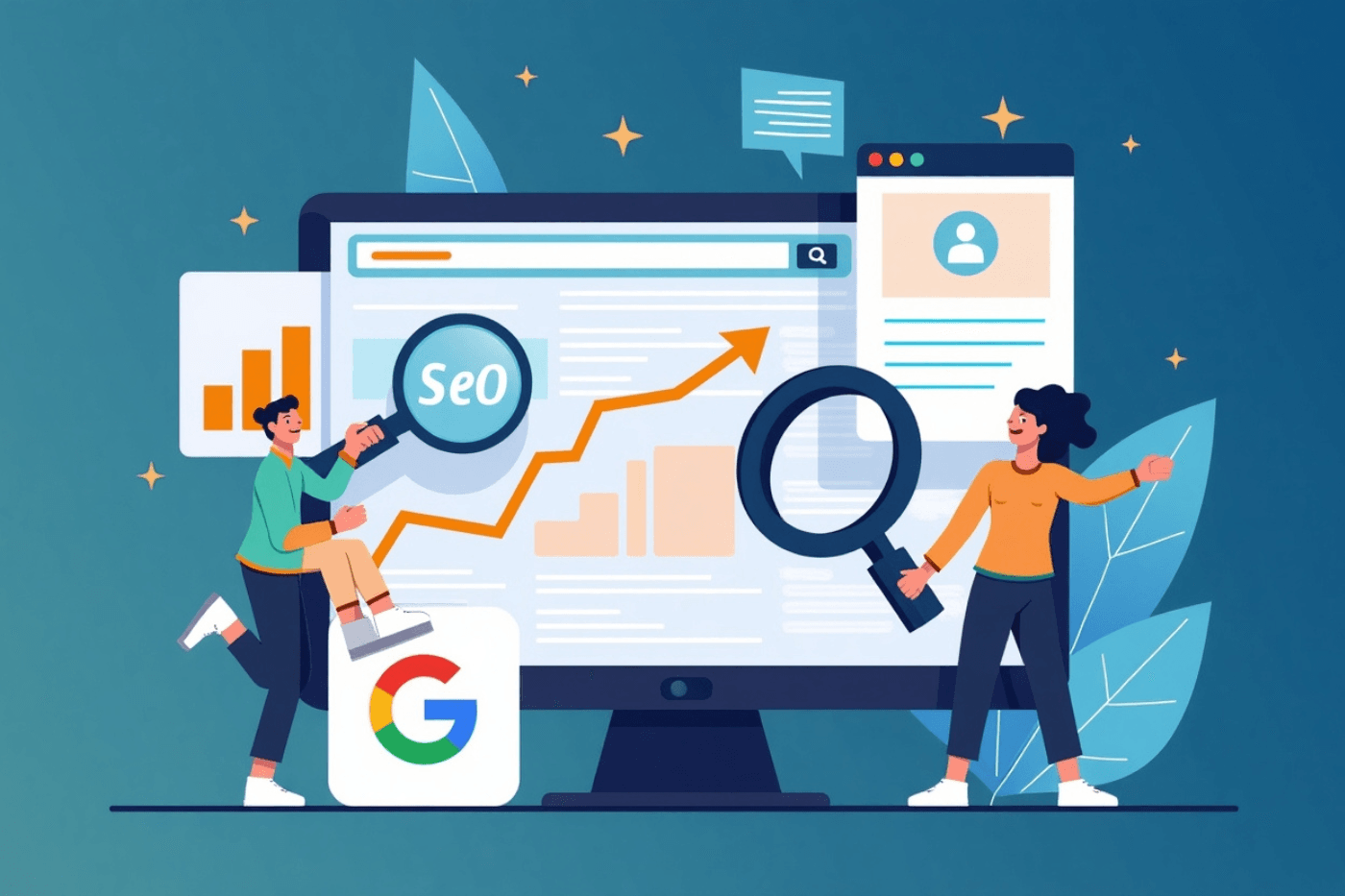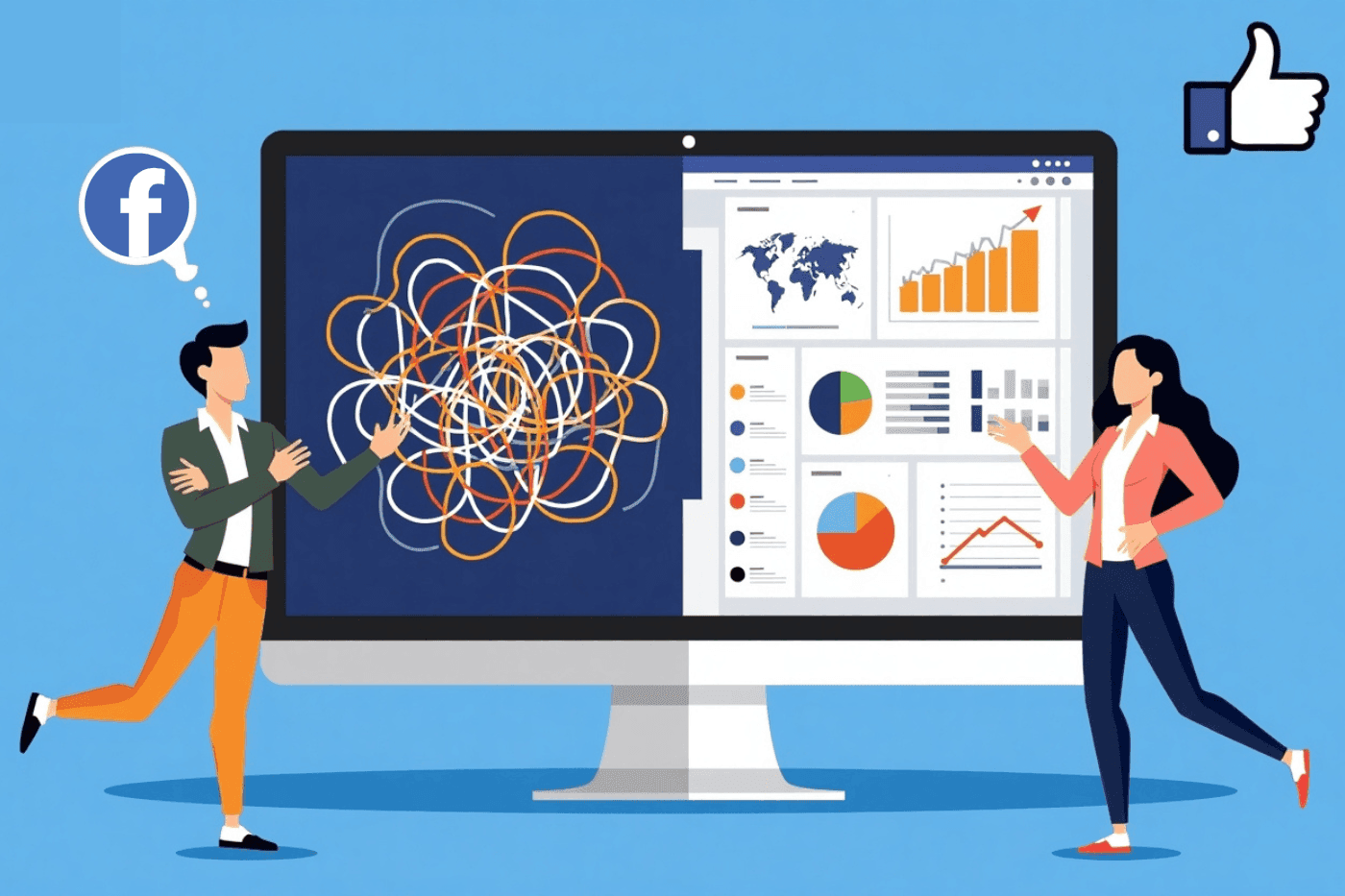
The Shocking Truth About the Google Algorithm Latest Update 2025
May 17, 2025
Table of Contents
Introduction
What Is the Google Algorithm?
Why Google Updates Its Algorithm
Overview of the Google Algorithm Latest Update 2025
Key Features of the 2025 Update
How the Update Impacts SEO
What You Need to Do Right Now
E-E-A-T and Content Quality Guidelines
Mobile-First Indexing & Core Web Vitals
Link Building & Spam Policies in 2025
Content Strategies That Work Post-Update
Tools to Analyze Your Website Performance
Expert Advice from Aashutosh Gupta
Frequently Asked Questions (FAQs)
Conclusion
Bottom Line
Introduction
As a digital marketing freelancer and founder of Digital Aashutosh, I’ve seen algorithm changes reshape the web overnight. The Google algorithm latest update 2025 is no exception. It has shocked many marketers, penalized low-quality sites, and once again raised the bar for ranking content.
In this blog, I’ll break down what this update really means, how it affects your SEO efforts, and what you should do immediately to recover or maintain your rankings.
Whether you’re a blogger, an eCommerce owner, or an agency—understanding the latest Google algorithm update 2025 is non-negotiable.
What Is the Google Algorithm?
Google’s algorithm is a complex system used to retrieve data from its search index and instantly deliver the best possible results for a query. It uses multiple ranking signals including:
Relevance
Quality
User experience
Authority
Freshness
Every year, Google rolls out thousands of updates—some minor, some major like this one.
Why Google Updates Its Algorithm
Google’s mission is to organize the world’s information and make it universally accessible and useful. Updates help:
Weed out spammy content
Promote trustworthy sources
Adapt to new user behavior
Improve SERP quality
Overview of the Google Algorithm Latest Update 2025
The Google algorithm latest update 2025 focuses heavily on E-E-A-T (Experience, Expertise, Authoritativeness, and Trust), user intent matching, content freshness, and mobile experience.
Major updates include:
Stricter penalties for AI-generated low-quality content
Preference for original research & unique insights
Prioritization of human-authored expertise
Better understanding of search intent using machine learning
Key Features of the 2025 Update
AI Detection Mechanism: Smarter than ever at identifying AI-only content.
User Experience Scoring: Based on dwell time, bounce rate, scroll depth.
Reputation Factor: More weight to author bios, social proof, and backlinks.
Mobile UX & Speed: If your mobile site is slow, you’re in trouble.
How the Update Impacts SEO
Keyword stuffing is now a red flag.
Thin content sees a major drop in ranking.
Duplicate pages are heavily devalued.
Websites with strong internal linking are rewarded.
Page Experience and Core Web Vitals now play a bigger role.
As an SEO expert, I recommend a full audit to check:
Content depth and originality
Site speed and mobile responsiveness
Structured data implementation
What You Need to Do Right Now
Update Your Existing Content: Add depth, stats, and real-world examples.
Improve UX: Focus on design, navigation, and readability.
Recheck Keyword Placement: Use keywords like “Google algorithm latest update 2025” naturally and early in content.
Audit Backlinks: Remove spammy or irrelevant ones.
Implement Schema Markup: Help Google understand your content.
E-E-A-T and Content Quality Guidelines
E-E-A-T is now mission-critical:
Add author bios with credentials.
Link to reputable sources.
Use original images, not just stock photos.
Include data, experience, or real-world use cases.
Mobile-First Indexing & Core Web Vitals
Google uses your mobile version for indexing. Prioritize:
Page load speed (<2.5s)
Interactivity (FID <100ms)
Visual stability (CLS <0.1)
Use tools like:
PageSpeed Insights
Lighthouse
GTmetrix
Link Building & Spam Policies in 2025
What works:
Contextual, editorial backlinks
PR campaigns
Guest posts with real value
What doesn’t:
PBNs
Footer or sidebar links
Mass directory submissions
Content Strategies That Work Post-Update
Topic Clusters: Interlink related content to build authority.
Long-Form Guides: Like this one—2000+ words with full coverage.
Answer Questions: Include FAQs and use People Also Ask queries.
Fresh Content: Update regularly to reflect the latest trends.
Mixed Media: Use videos, infographics, and charts.
Tools to Analyze Your Website Performance
Google Search Console
Ahrefs / SEMrush
Screaming Frog (for crawl errors)
Surfer SEO (for on-page optimization)
Expert Advice from Aashutosh Gupta
“Every time Google rolls out a major update, treat it as an opportunity, not a setback. Use this moment to level up your content and become a thought leader in your niche.”
“In 2025, SEO isn’t just about keywords—it’s about credibility, experience, and trust.”
Frequently Asked Questions (FAQs)
Q1. What is the main focus of the 2025 Google algorithm update?
The focus is on content authenticity, E-E-A-T, and better user experience.
Q2. Has AI-written content been penalized?
Yes, especially low-quality or unedited AI content.
Q3. Should I delete old blog posts?
Only if they are irrelevant, low-quality, or outdated. Otherwise, update and optimize.
Q4. How can I improve E-E-A-T?
Add author credentials, cite sources, and provide actionable content.
Q5. Are backlinks still important in 2025?
Yes, but quality matters more than quantity.
Conclusion
The Google algorithm latest update 2025 is a wake-up call for content creators and website owners. If you’re still stuck in outdated SEO tactics, it’s time to evolve. Focus on experience, quality, and user-first content.
As a digital marketing freelancer, I’ve seen clients double their rankings by simply aligning with these latest guidelines. The sooner you adapt, the more search visibility you’ll gain.
- Google is smarter in 2025. Content quality, authority, and user trust are non-negotiable. Update your site now or risk disappearing from page one. Let’s future-proof your SEO with smart, human-first strategies.
Previous Post
Recent Posts
Categories

Your trusted partner in achieving digital marketing success through innovative strategies and personalized solutions.



